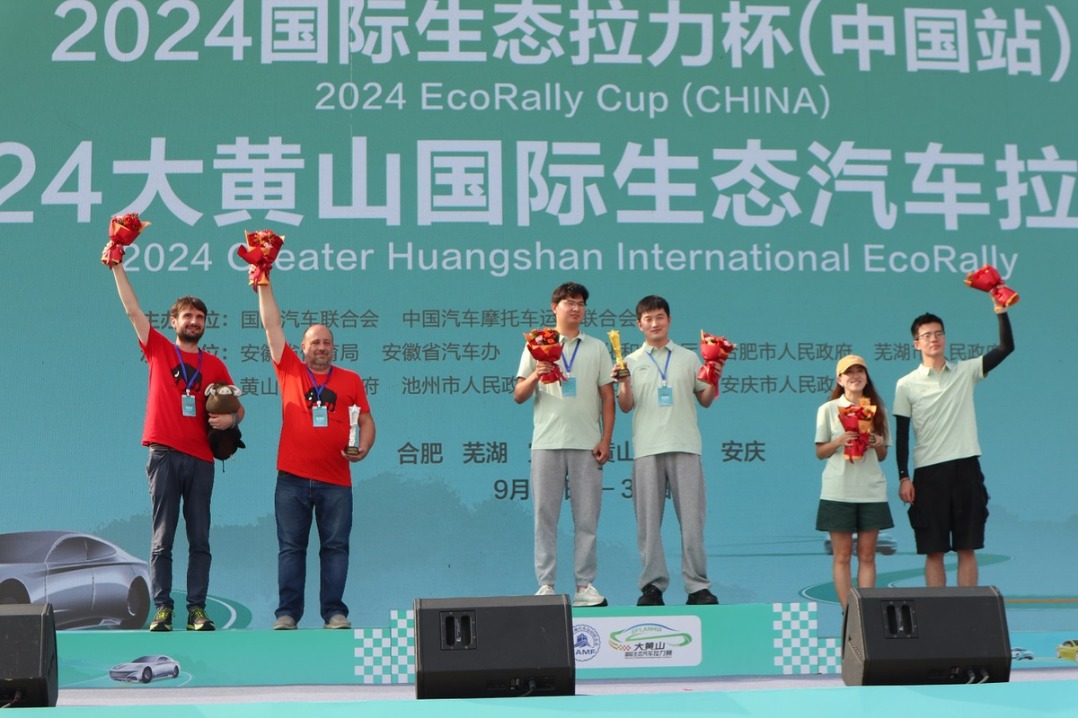Taiwan's exclusion from RCEP not due to 'one country, two systems', expert says


The Regional Comprehensive Economic Partnership, the world's largest trade pact, was signed on Sunday by 10 members of the Association of Southeast Asian Nations, China, Japan, the Republic of Korea, Australia, and New Zealand.
However, Taiwan, which has close economic and trade ties with RCEP members, is excluded from the trade bloc that accounts for about one-third of the world's economy. An expert believes that after the implementation of the free trade agreement, Taiwan will be further marginalized in the process of regional economic integration.
The exclusion of Taiwan from RCEP is not a result of what the island's ruling Democratic Progressive Party claimed as the Chinese mainland's obstruction using the "one country, two systems" principle, said Tang Yonghong, deputy director of the Taiwan Research Center at Xiamen University, in an interview with news outlet taiwan.cn.
He said Taiwan's products will face competitions from those made by RCEP members that enjoy tariff-cut policies, and see declining price competitiveness. Meanwhile, with tariff rates reduced and trade barriers eliminated, the RCEP countries will attract more investments from fellow member countries, which will push companies now based in Taiwan to move their manufacturing to RCEP countries to lower the production costs. "It means Taiwan will be marginalized both in investment and trade after the implementation of the RCEP," Tang said.
In 2016 when Tsai Ing-wen became the leader of Taiwan, she pledged to bring Taiwan into RCEP. Now that the DPP has not fulfilled the pledge, it has shifted the blame to the mainland, claiming that the mainland blocked Taiwan from joining the partnership using the "one country, two systems" principle, said Tang.
However, he pointed out that it is Taiwan's attempt to expand its so-called "international space" as a sovereign state by betraying the one-China principle that caused its failure to join the RCEP. As it is known, the Hong Kong Special Administrative Region has not been marginalized in regional economic integration because of practicing the "one country, two systems" principle.
As for the so-called "new southward policies" advocated by the DPP, Tang said the party aimed to use the policies to spread its risk, expand "international space" and seek international support for "Taiwan independence".
The "new southward policies" are neither related to a customs union, nor to a common market, Tang said. The markets involved are isolated and have limited scales, with their accessibility of industry supporting facilities and labor force, as well as socioeconomic stabilities not comparable to that of the Chinese mainland. Plus, there are higher costs of entry into these markets and more difficulties in integrating their supply chains and organizing production factors. As it turned out, the "new southward policies" have failed to achieve desired effects.
Tang said as the DPP is bent on promoting "Taiwan independence" secessionist activities, it is doomed to fail to upgrade the "new southward policies" to any kind of regional free trade agreement. Thus, the policies will not change the fact that Taiwan will be marginalized after the implementation of RCEP.
He said due to Taiwan's small home market, its development depends on globalization. Over the past 30 years, the Chinese mainland has become a major hub in global economy by riding the wave of globalization and regional integration. It is the DPP's failure to handle the cross-Straits relations properly and realize the normalization of cross-Straits economic ties and liberalization of economic and trade activities that led to Taiwan's marginalization in the region.
Tang said Taiwan could only avoid being marginalized by properly handling the cross-Straits relations, and acknowledging the 1992 Consensus that there is only one China. It should stick to the Early Harvest Program under the Economic Cooperation Framework Agreement – a comprehensive cross-Straits economic pact signed in 2010 to reduce tariffs and commercial barriers between the mainland and Taiwan – and promote the negotiations and implementation of cross-Straits services and goods trade, he said.
- Condolences given after Taiwan hospital fire
- China to launch new crew to space station this month
- National holiday sees surge in travel on Oct 2
- China launches 3-month campaign against illegal online news services
- Taiwan continues to feel the brunt of typhoon Krathon
- UN envoy: In 75 years, China has risen from sufferings to strength





































